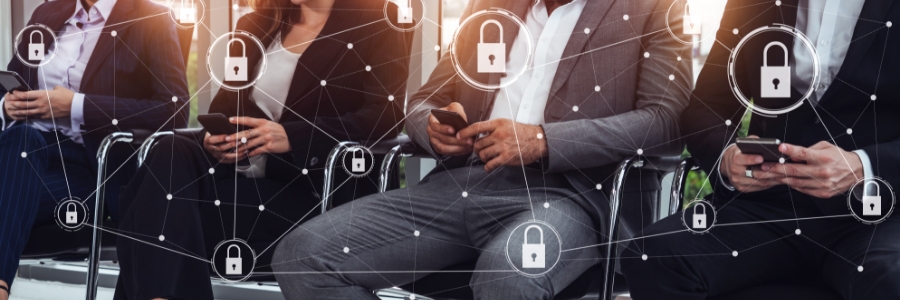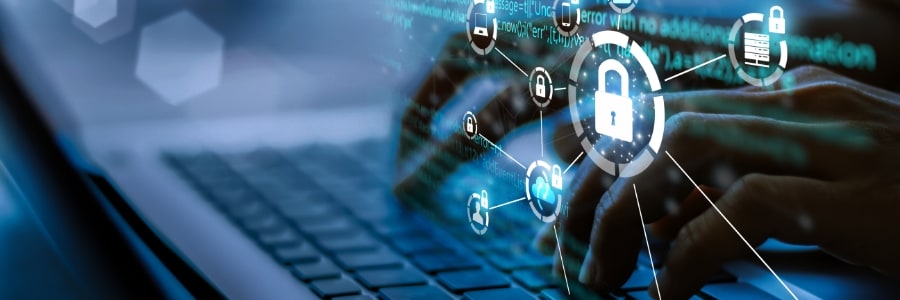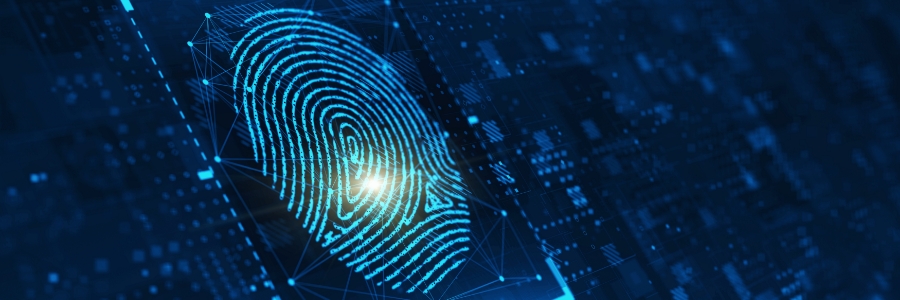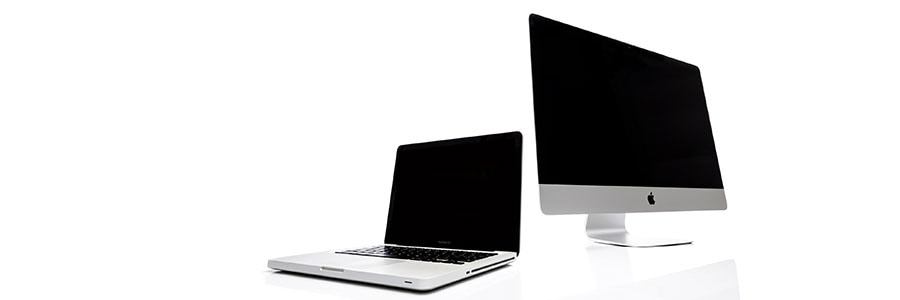As a business owner, it's crucial to keep your communications private. Whether you're sending sensitive client information or just trying to keep your personal and work lives separate, there are several ways to make sure your text messages stay out of the wrong hands.
5 Practical privacy tips for iPhone texting
How to stay HIPAA-compliant on social media

Social media networks can be used by healthcare organizations to advertise their services as well as communicate with patients and get them more involved in their own healthcare. However, there’s always a risk that Health Insurance Portability and Accountability Act (HIPAA) rules and patient privacy will be violated on social media networks.
How to secure your personal information on Facebook and Twitter
Windows Hello makes logging in hassle-free
Turn off these Windows 11 settings to protect your privacy
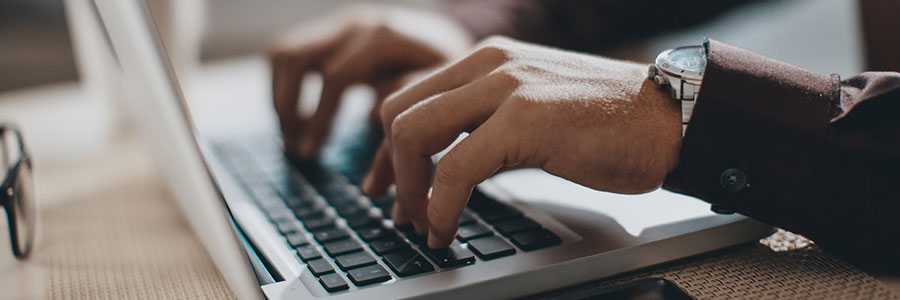
Windows 11 helps users by giving useful suggestions as they type and by displaying ads based on their online searches. But these can feel invasive, especially if you don’t want anyone prying into your online activity. To ensure your privacy and keep Microsoft’s watchful eye off your computer activity, follow these tips.
Why password autofill is risky
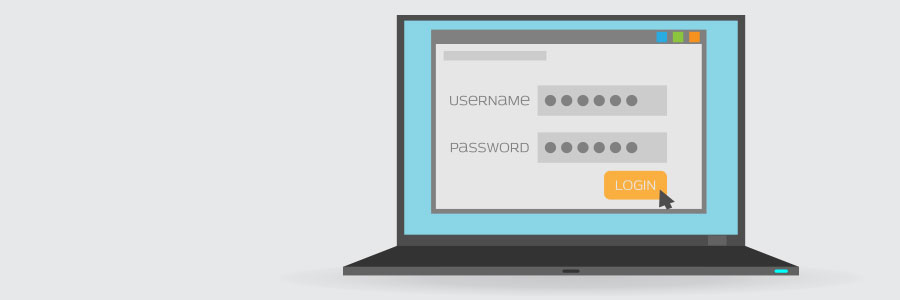
Many people use password autofill on their web browser or password manager for convenience. The feature, however, can be used by hackers and advertisers to access user accounts and gather your sensitive information without your consent.
Why password autofill is so dangerous
Modern web browsers and password managers have a feature that enables usernames and passwords to be automatically entered into a web form.
Why you need a VPN and how to choose the right one

Today, just installing anti-malware software and a firewall on your computer isn’t enough to keep you safe as you use the internet. Nowadays, a hacker can intercept messages sent to and from your computer and steal the data they contain. This is why you need a virtual private network (VPN).
What is a VPN?
A VPN creates a secure tunnel between your device and the websites you visit, protecting you from hackers looking to intercept your data.
Here’s how to make sure your business properly handles PHI

It’s imperative for healthcare organizations and business associates to take every precaution when it comes to managing protected health information or PHI. Aside from having significant regulatory and compliance implications, failing to protect PHI can seriously affect clients and damage a business’s reputation.
Secure your Mac before discarding it
How to disable Windows 10’s intrusive privacy settings

Most tech companies, such as Microsoft, collect certain information about their users so they can provide better, more personalized experiences. However, these companies also often use the data they gather for advertising purposes. The good thing is that as a Microsoft user, you have a fair amount of control over your own privacy.
